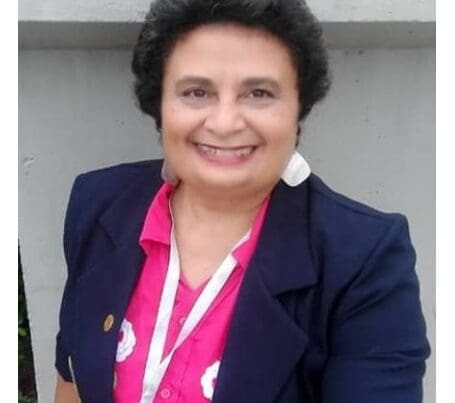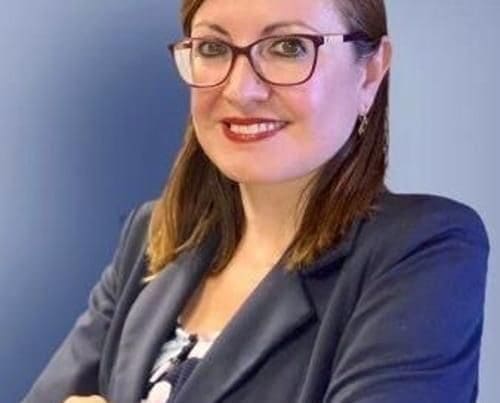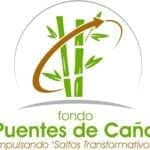Valero, P., Ravn, O. y Skovmose, O. (2009). The multi-layered transitions of knowledge production and university education in science and mathematics. En P. Valero, O. Ravn y O. Skovmose. University science and mathematics education in transition (pp. 1-13). New York: Springer.
More than ever, our time is characterized by rapid changes in the organization and the production of knowledge. This movement is deeply rooted not only in the evolution of the scientific endeavour, but also and especially in the transformation of the political, economic and cultural organization of society. In other words, the production of scientific knowledge is changing both with regards to the internal development of science and technology, and with regards to the function and role science and technology fulfill in society. Knowledge production has, for some time, stopped being the exclusivity of universities, founded as bastions and guardians of truth and knowledge. This production can now be owned by a variety of institutions and organizations with interests other than the production and maintenance of knowledge for its own sake. This general social context in which universities and knowledge production are placed has been given numerous names: the knowledge society, the informational society, the learning society, the post-industrial society, the risk society, or even the post-modern society (e.g., Castells, 1996, 1997, 1998; Beck, 1992, 1999; Lyotard, 1984).
ISBN: 978-0-387-09828-9





